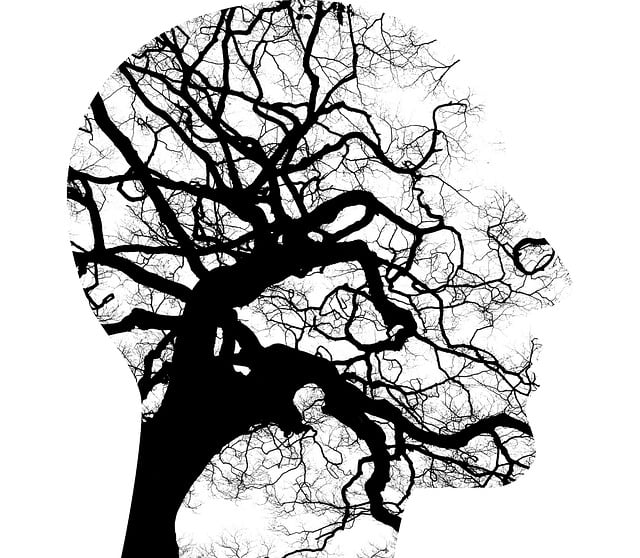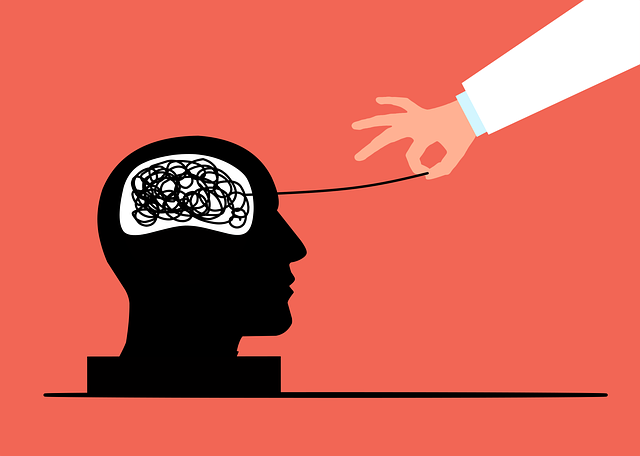Lone Tree Couples Counseling Therapy emphasizes creating a safe, supportive environment for mental wellness groups through careful planning and inclusive practices. Facilitators establish ground rules promoting respect, active listening, and non-judgmental attitudes, encouraging open communication and emotional vulnerability among participants. Conflict resolution techniques, self-care practices, and emotional intelligence strengthen this environment, allowing individuals to share experiences without fear of criticism. This welcoming atmosphere enhances the therapeutic benefits of group counseling, fostering meaningful connections and reducing anxiety through active engagement in stress reduction and resilience building exercises.
Mental wellness group facilitation offers a powerful approach to supporting individuals through shared experiences and open dialogue. This article explores effective techniques for Lone Tree Couples Counseling Therapy professionals aiming to create supportive group environments. From establishing safe spaces to integrating therapeutic practices, learn how to facilitate meaningful discussions and foster peer support. Discover the benefits of icebreakers, CBT techniques, and creative outlets like art therapy to enhance mental health and well-being in a group setting.
- Establishing a Safe and Supportive Environment
- – Creating a welcoming atmosphere
- – Setting ground rules for group dynamics
Establishing a Safe and Supportive Environment

Creating a safe and supportive environment is a cornerstone of effective mental wellness group facilitation. At Lone Tree Couples Counseling Therapy, we understand that fostering such an atmosphere is vital for encouraging open communication and emotional vulnerability among participants. Through careful planning and consistent practices, facilitators can establish ground rules that prioritize respect, active listening, and non-judgmental attitudes. This safe space allows individuals to share their experiences, challenges, and insights without fear of criticism or repercussions, thereby enhancing the therapeutic benefits of group counseling.
Incorporating conflict resolution techniques, self-care practices, and emotional intelligence into the facilitation process further strengthens this supportive environment. By teaching participants effective communication strategies, facilitators help them navigate interpersonal differences constructively. Encouraging self-care practices enables individuals to prioritize their mental health, while cultivating emotional intelligence equips them with tools to recognize and manage their emotions—all of which contribute to a more harmonious group dynamic.
– Creating a welcoming atmosphere

In facilitating mental wellness groups, cultivating a welcoming atmosphere is paramount to fostering an environment where individuals feel safe and supported. At Lone Tree Couples Counseling Therapy, we emphasize open communication and empathy as foundational elements. Group members should be encouraged to share their experiences and perspectives freely, knowing that their voices will be met with understanding and respect. This inclusive setting not only promotes meaningful connections among participants but also enhances the therapeutic benefits of group counseling.
By prioritizing a warm and accepting atmosphere, facilitators can help reduce anxiety and encourage active engagement in stress reduction methods and resilience building exercises. The goal is to create a space where individuals feel empowered to navigate their mental health journeys together. This approach mirrors the holistic philosophy of Lone Tree Couples Counseling Therapy, ensuring that every member of the group feels welcomed and valued.
– Setting ground rules for group dynamics

Creating a safe and productive environment is paramount when facilitating mental wellness groups, and one of the foundational steps involves establishing clear ground rules. These guidelines are essential for ensuring every member feels respected and heard, fostering open communication, and maintaining a supportive atmosphere. As a Lone Tree Couples Counseling Therapy professional, you can model these rules based on principles like active listening, empathy, confidentiality, and respect for diverse perspectives.
By incorporating conflict resolution techniques, you can further enhance group dynamics. Encouraging constructive feedback, teaching de-escalation strategies, and promoting non-judgmental conversations are key aspects of managing potential disputes. Additionally, addressing self-esteem improvement through positive reinforcement and validating individual experiences can boost participation and engagement within the group setting. Remember, a well-structured ground rule system is a crucial component in any mental wellness group, laying the groundwork for successful therapeutic outcomes.
Group facilitation techniques, when implemented effectively, can foster a safe and supportive environment, much like Lone Tree Couples Counseling Therapy. By creating a welcoming atmosphere and setting clear ground rules for group dynamics, mental wellness sessions become accessible and beneficial for all participants. These strategies are essential tools for any facilitator aiming to enhance the therapeutic experience and promote positive mental health outcomes.











